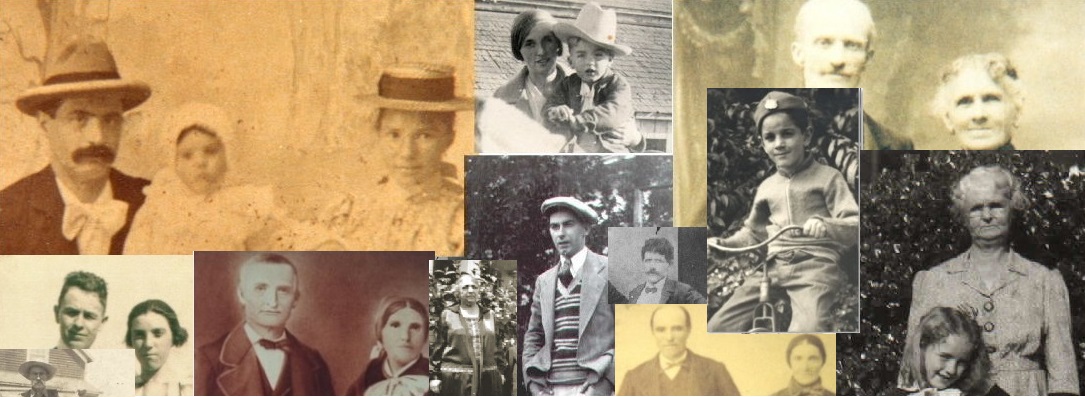[Written for Fearless Females, 1oth of March, The Role of Religion]
I don’t know much about the religious background of my ancestors. My parents were both raised Roman Catholic, but were not religious. We were baptized but we never went to church or participated in church activities. My parents were firm believers that religion was a private issues and that each person should choose their own path.
I know that for my Azorean ancestors religion played a big role in their lives. Their lives centered around church and religious traditions.
My Grandma told me this story about her Mother-in-law, Maria (de Braga) Pacheco Smith. It stresses how important religion was to my Azorean relatives.
My Grandma remembers what it was like marrying into this family which was very different from her own. She was from an Irish/English background. Her Father had come to the US around 1900, but her Mother’s line had been in the US since the 1840s.
When she gave birth to her first child, she was somewhat surprised to the flurry of activity that sprung up within her husband’s side of the family. They were seriously Catholic and her Mother-in-law was a firm believer that unless children were baptized right away all sorts of evil might befall them. My Grandma’s family did not have the same beliefs, so she was not all that worried about baptizing her son.
But, her Mother-in-law implored. He must be baptized! There was the evil eye and those who stole souls. He might get sick and die. Since the concept of Limbo was held by Catholic practitioners up until recently, the idea that child might die before baptismal and be left in Limbo was abhorrent to those who believed in it. There were any number of things that might happen between the time he was born and the time he made it to church for the ritual.
My Grandmother relented not because she held the same beliefs, but because she wanted her Mother-in-law to let her take her son outside the house. She absolutely refused to let him outdoors until he was baptized. She said that her Mother-in-law and the other older women in the family pretty much felt the same way. Once the child was baptized they all breathed a collective sigh of relief.
My own research supports these beliefs. In the 1700s-1900s, I have found baptismal records for my Azorean relatives. It is very common to see a child baptized within the first 3 or 4 days after birth. Most are baptized within the first two weeks after they were born.
I think that most people had more faith in the religious leaders than they did modern medicine. Protection from God was far more important than the words of a doctor.
It’s interesting to see the contrast between my Grandma’s beliefs and my Great Grandmother’s beliefs. It shows a difference between their religious upbringing. But it may also reflect on the old generation versus the younger generation. And, those born in US were much more modern than those who were recent immigrants.
It’s important to learn about these practices. I may view my Great Grandmother’s fear as superstition, but her belief that evil might come to a baby before baptism was very real to her. It tells me alot about how important religion was in her life and how it might have dictated how she lived.







Wow, that is quite a story. Thanks for sharing.
That is an interesting story. But as you wrote in the last paragraph, I’d classify it more as superstition than religion. Of course, there’s usually a huge gulf between orthodoxy as taught by the church, and folk religion as practiced by common people. The evil eye is an ancient superstition I find fascinating. I’d never encountered it before traveling in the Middle East, but jewelry that’s supposed to ward off the evil eye is sold by the boatload in gift shops over there. (There’s a picture at the top of the Wikipedia article.) A 2500 year old Phoenician example is in the National Museum of Beirut, and in Jordan, I saw the same jewelry in stores owned by both Muslims and Christians.